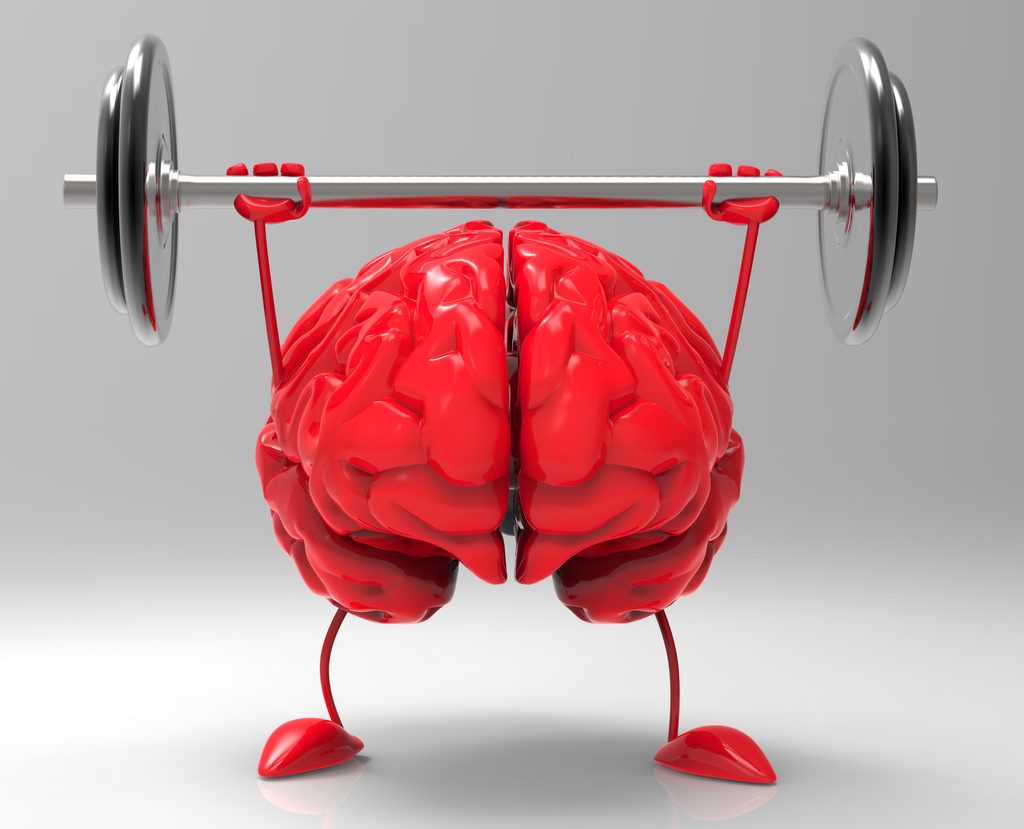Introduction

Achieving excellence in sports goes beyond physical prowess; it requires mastering the mental game as well. Sports psychology is a field dedicated to understanding and enhancing the mental aspects of athletic performance. In this article, we will explore the critical role of sports psychology and how it contributes to achieving peak performance in various sports.
Understanding Sports Psychology
Sports psychology is the study of how psychological factors influence an athlete’s performance, training, and overall well-being. It delves into the mental processes, behaviors, and strategies that athletes can harness to excel in their chosen sports.
Key Aspects of Sports Psychology
- Mental Toughness: Athletes often face intense pressure, competition, and adversity. Mental toughness helps them remain resilient and focused in the face of challenges. Strategies like visualization, positive self-talk, and goal setting are commonly used to develop mental resilience.
- Concentration and Focus: Maintaining concentration during competition is vital for success. Sports psychologists work with athletes to improve their ability to stay focused and block out distractions, allowing them to perform at their best.
- Anxiety and Stress Management: Nervousness and anxiety are common before competitions. Sports psychologists teach athletes techniques to manage anxiety, control their nerves, and maintain composure under pressure.
- Motivation: Sustaining motivation is crucial for long-term success. Sports psychologists help athletes set meaningful goals and develop strategies to stay motivated throughout their careers.
- Self-Confidence: Belief in one’s abilities is a cornerstone of athletic excellence. Sports psychology helps athletes build and maintain self-confidence, which is essential for taking risks and pushing boundaries.
Sports Psychology in Practice
Sports psychologists work closely with athletes, coaches, and sports teams to optimize mental performance. They offer the following services:
- Individual Counseling: Athletes can engage in one-on-one sessions with sports psychologists to address specific mental challenges and develop personalized strategies for improvement.
- Team Workshops: Team workshops focus on enhancing group dynamics, communication, and motivation among teammates. These sessions foster team cohesion and a winning mentality.
- Performance Analysis: Sports psychologists analyze an athlete’s mental performance during competitions and provide feedback for improvement.
- Preparation Strategies: Athletes learn mental preparation techniques, such as imagery, goal setting, and relaxation exercises, to ensure they are mentally ready for competitions.
Real-Life Examples of Sports Psychology Success
- Michael Phelps: The legendary swimmer sought the help of sports psychologist Dr. Bob Rotella to overcome anxiety and regain focus. He went on to win numerous Olympic gold medals, solidifying his status as one of the greatest swimmers in history.
- Carli Lloyd: The U.S. soccer star worked with sports psychologist Dr. Colleen Hacker to boost her self-confidence and concentration. Lloyd’s remarkable performance in the 2015 FIFA Women’s World Cup, including a memorable hat-trick in the final, showcased the power of mental conditioning.
Conclusion: The Mental Edge in Sports
Sports psychology plays a pivotal role in helping athletes achieve their full potential. By mastering the mental aspects of their sport, athletes can gain a significant edge in competition. Whether it’s managing stress, building confidence, or enhancing focus, sports psychology empowers athletes to excel not only physically but also mentally, leading to greater success in their chosen sports.